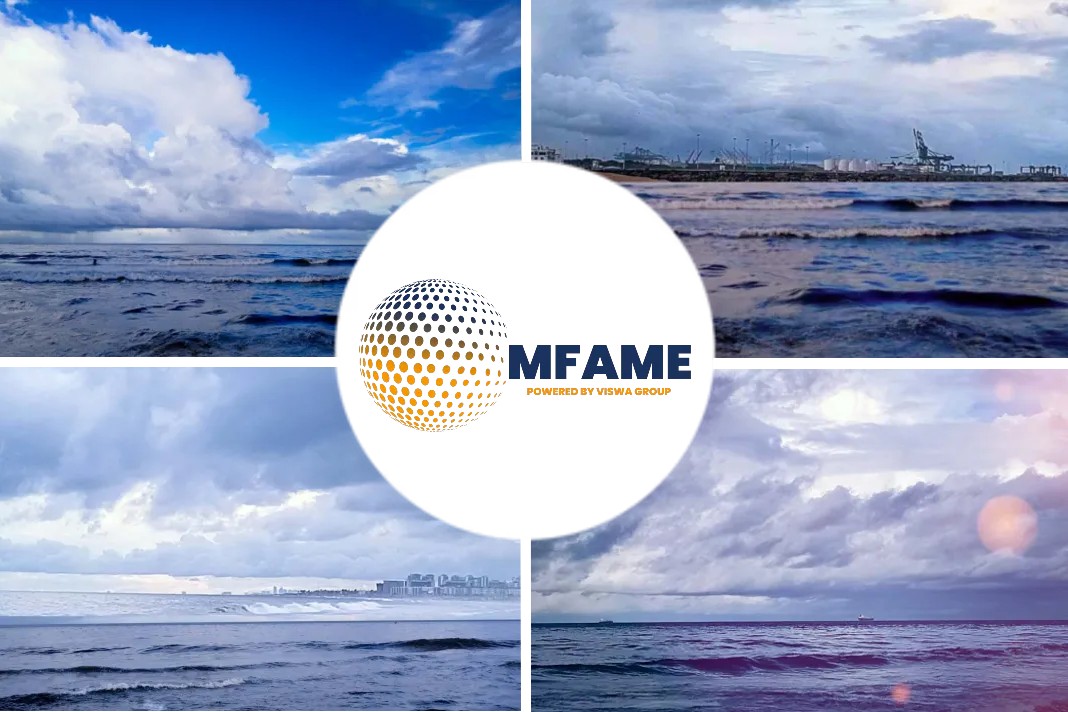- Following a meeting with Qatar’s Emir Sheikh Tamim bin Hamad Al Thani, Mr Habeck said the deal would be a “door-opener” for Germany’s economy.
- in the short-term, Germany continues to be reliant on Russian gas.
- At present there are no LNG import terminals in Germany for carriers to feed their cargo into the national pipeline system.
Germany and Qatar have formed a long-term energy partnership to help Germany reduce its reliance on Russian gas, according to Germany’s Economic Minister Robert Habeck. As stated in a recent article by riviera.
State visit for a door opening deal
Mr Habeck was on a state visit to the UAE and Qatar, accompanied by a high-ranking business delegation. Following a meeting with Qatar’s Emir Sheikh Tamim bin Hamad Al Thani, Mr Habeck said the deal would be a “door-opener” for Germany’s economy as it seeks to wean itself off Russia’s influence following the Russian war against Ukraine.
He was quoted by news agency DPA as saying, “We might still need Russian gas this year, but not in the future.”
But in the short term, Germany continues to be reliant on Russian gas. Last week, Bundesverband der Energie-und Wasserwirtschaft, a German industry association, said Russia’s share of the supply of gas to Germany for January-March remained at 40%. But the group believes Germany could plausibly replace half its imports from Russia this year in the event of a complete halt.
The details of the Qatari deal, the scope of supply and the sums involved were not revealed. Mr Habeck, in a televised interview with the state broadcaster Deutsche Welle, said, “The companies that have come with us will now enter into deeper contract negotiations with the Qatari side.”
LNG terminal projects and welcoming the new deal
At present, there are no LNG import terminals in Germany for carriers to feed their cargo into the national pipeline system.
In 2020, German firm Uniper abandoned plans for a 10 bcm/year FLNG import terminal at Wilhelmshaven, and opted instead to look for hydrogen imports.
In late February, days after the invasion of Ukraine, the German Chancellor Olaf Scholz announced the country would accelerate developments at the two LNG import projects in Brunsbuttel and Stade. Both projects have suffered setbacks.
In November 2021, Dutch storage company Vopak announced it was ending its “active participation” in the Brunsbuttel project and the Stade project’s developer Hanseatic Energy Hub pushed back the binding capacity process for the site until later in 2022 due to the volatility in the market.
Qatari officials said they welcomed Germany’s decision to ‘fast-track’ the developments of the two-LNG terminals.
Did you subscribe to our daily Newsletter?
It’s Free! Click here to Subscribe
Source: riviera















